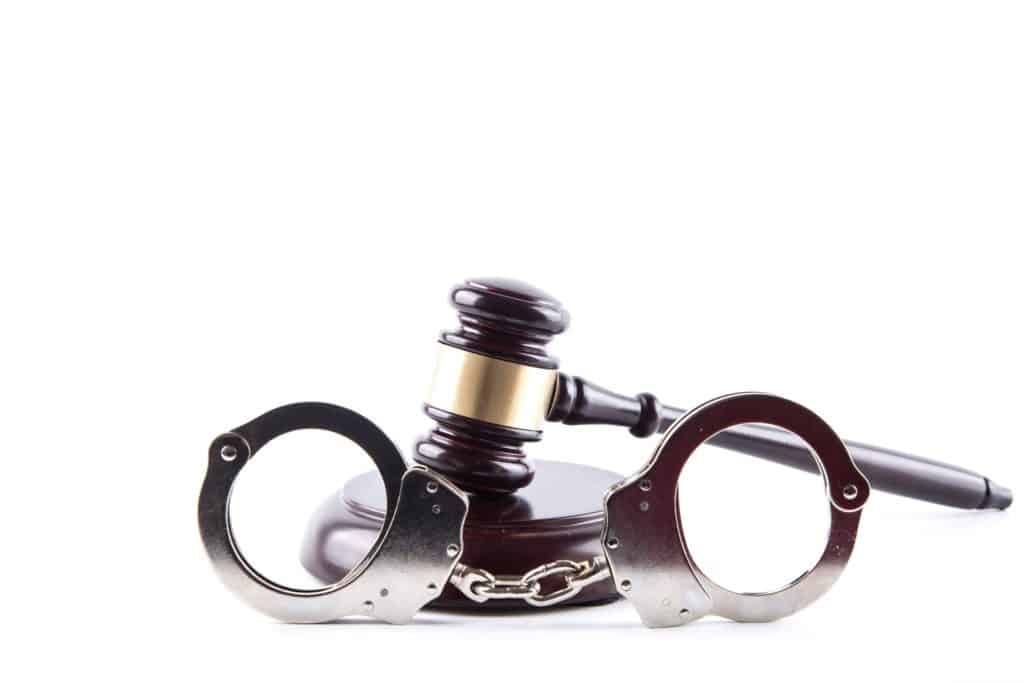A whistleblower complaint filed under the False Claims Act has resulted in the federal government charging the state of Utah with misappropriating more than $17 million in federal grants from the 2008 bailout.
The U.S. attorney for Utah filed a lawsuit in U.S district court April 10, claiming several agencies in the state’s criminal justice system used grants awarded for hiring new employees to fill regular budget gaps. The grants were awarded from a program created to provide relief during the recession resulting from the 2008 financial crisis. “Supplanting” state budgets with federal money is prohibited in the grant program.
The fraud was brought to the government’s attention by Reginald Williams, a prisoner in Utah state prison. Williams filed a qui tam whistleblower complaint in 2015 while working in the prison’s print shop and discovering that the Utah Department of Corrections was using grant money to pay guards. Federal officials agreed to intervene in the case and learned that officials from six different agencies, including the Utah attorney general’s office, were involved. Williams alleges he was removed from his job in the print shop as retaliation.
Under the False Claims Act, violators are also liable for treble damages, making it one of the most effective anti-fraud laws in the United States. Williams could be eligible for 15 to 30 percent of any monetary sanctions collected by the government, so he could receive upwards of $2 million. Since 1986, whistleblower cases under the FCA have brought in over $42.5 billion to the U.S. Treasury and more than $6.4 billion has been awarded to whistleblowers for their disclosures.
The lawsuit is a reminder of the importance of oversight when the government dispenses large amounts of aid to businesses and individuals, such as the current trillion-dollar coronavirus bailout. Legal experts and whistleblower advocates have warned of the high risk of fraud associated with such bailouts and emphasized the need for strong protections for “those who blow the whistle on misappropriation of government funds.
